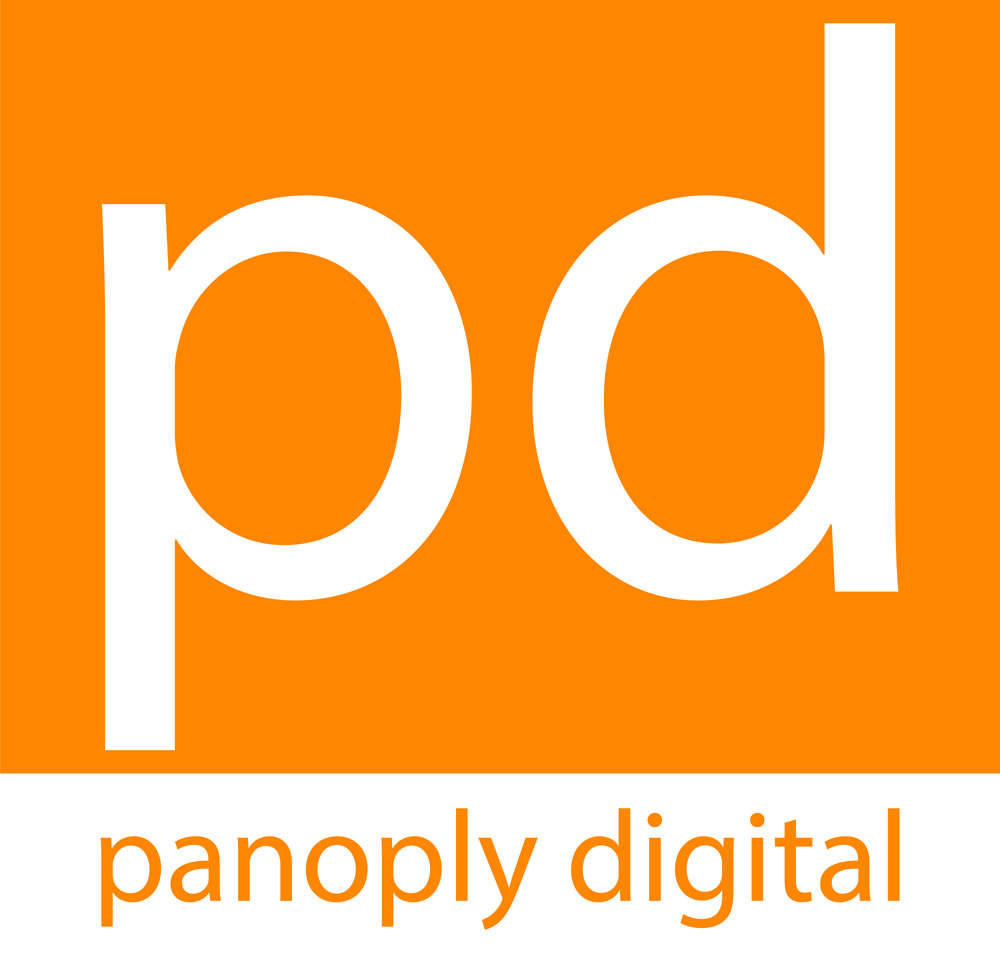The recent move by the network provider Cell C (one of the largest network providers) in South Africa to provide free access (no data charges) to social media platforms such as Whatsapp and Facebook was not only a well thought marketing plan but also meant more connectivity for students across the country. With many existing examples of how social media can be used to support learning, amongst other platforms, Whatsapp as a platform has been used by innovative educators to provide learning information. This also considering the mobile device as a complimentary platform with an ever growing penetration rate across the world with the mobile phone as the highest used device accessing the Internet, this according to the recent ITU report.
This also follows the much petitioned request also by children in South African schools to have Wikipedia freely accessible. Wikipedia is now also freely accessible to children in South Africa, opening up a world of knowledge. These initiatives were not the first initiatives of freely available resources with other leading companies such as Vodacom and MTN (also a network provider) having also enabled its users to access applications such as MoMaths freely, enabling more access to learning while increasing mobile learning platforms for students across the country.
Image courtesy of Stuart Miles at FreeDigitalPhotos.net

